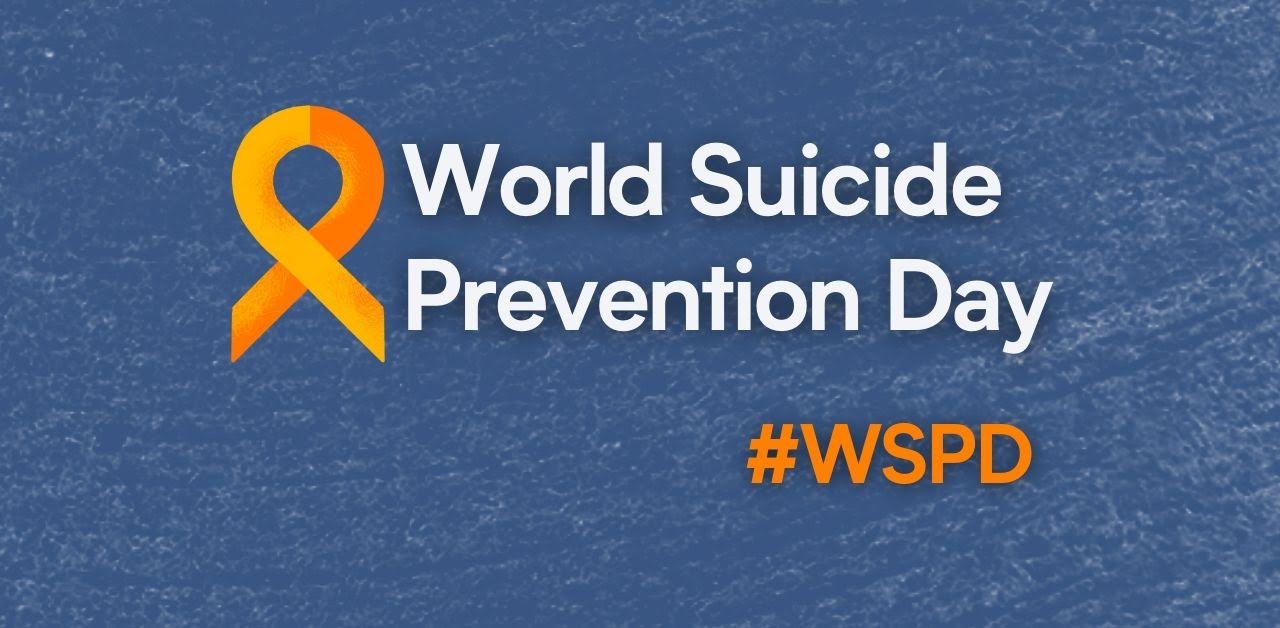DOH, WHO highlight need to address suicide as global health priority

In observance of the World Suicide Prevention Day on Sept. 13, the World Health Organization (WHO) and the Department of Health (DOH) emphasized the need to address suicide, which is considered a serious public health crisis affecting millions of people worldwide.
Dr. Jasmine Vergara, technical officer of Mental Health and Substance Use at WHO Philippines, said suicide prevention has been elevated to a global priority, with targets set to cut suicide rates by one-third by 2030, in line with the United Nations Sustainable Development Goals and the WHO Mental Health Action Plan 2013–2030.
Vergara said suicide prevention is a public health priority that demand urgent action.
In the online forum "Media Solusyon Kapihan with Media Partners,” she explained the preventability of suicide through the "LIVE LIFE" initiative.
LIVE comprises vital foundations like situation analysis, multisectoral collaboration, awareness raising, capacity building, financing, surveillance, monitoring, and evaluation, while LIFE focuses on evidence-based interventions, including limiting access to means of suicide, responsible media reporting, fostering resilience in young people, and early identification and support for those affected.
Vergara said a number of factors, including one's physical and emotional health, one's life events, one's culture, and society as a whole, influence suicidal behaviors.
According to WHO data, suicide claims more than 700,000 lives each year.
The fourth most common cause of death for people aged 15 to 29 in 2019 was suicide, with half of these tragedies happening before the age of 50.
In addition, the WHO data revealed that 77 percent of suicides worldwide occurred in low- and middle-income nations.
For each suicide death, an estimated 20 suicide attempts underscore the far-reaching impact of the crisis.
WHO also noted that suicide accounted for 1.3 percent of all deaths globally in 2019, signifying that every suicide represents a tragedy—a life lost within families, friends, and communities.
The close connection between mental disorders, especially depression, and suicide was highlighted.
Additionally, high-income countries often observe a history of previous suicide attempts among suicide cases.
It often results from impulsivity during crises, life stressors, financial difficulties, relationship strains, chronic pain, or illness, WHO said.
Contributing factors, according to data, include conflicts, disasters, violence, abuse, loss, isolation, and discrimination against vulnerable groups such as indigenous populations, LGBTQIA+ community members, and prisoners.
While globally, as per WHO, more men die by suicide than women, this gender disparity is particularly pronounced in low- and middle-income countries.
Responsible reporting on suicide
The responsible reporting of suicide by the media was emphasized as crucial to suicide prevention efforts.
WHO has released a resource guide titled "Preventing Suicide: A Resource for Media Professionals," developed in collaboration with international suicide prevention associations.
This guide compiles current evidence on the impact of media reporting on suicide and offers practical guidance for responsible reporting.
Media outlets were reminded of their significant role in either enhancing or undermining suicide prevention efforts.
It also outlined a set of dos and don'ts for media professionals to ensure responsible reporting.
WHO commended the DOH and its partners for providing guidelines for responsible reporting on suicide across various media formats, including audio-visual and films.
Moreover, the DOH, in partnership with WHO and the Australian government, conducted "Mindful Media" capacity-building sessions to equip communicators, storytellers, and media support and monitoring groups with the skills required for responsible reporting on suicide.
By adhering to these guidelines and promoting responsible reporting, media professionals can play a crucial role in suicide prevention and raise awareness about seeking help for mental health issues, Vergara said. (Zekinah Elize Espina)